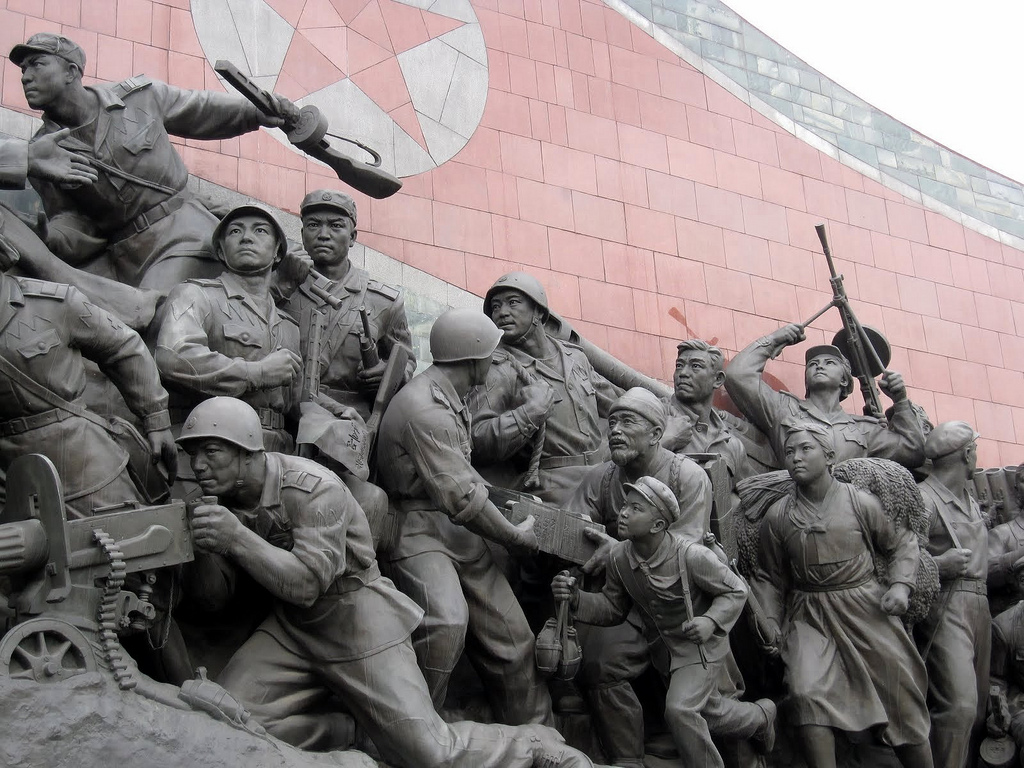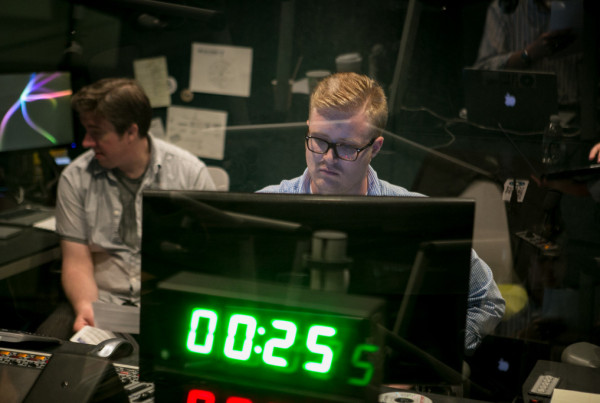After decades of strained relations, Iran, the United States and five other nations have finally come to agreement: Iran will curb any plans to amass nuclear weapons — which they insist are plans they never had — and in return, decades of economic sanctions would be lifted. But as one domino falls, we have to stop and ask — could there be others? Perhaps the next on the list could be North Korea. Helping us expand on this possibility is Melvin Goodman. He’s a senior fellow for the Center of International Policy — they’re a nonprofit think tank based in Washington D.C.
“Iran and this nuclear deal, which I think is an extremely important deal, offers the prospect of Iran moderating its international behavior,” Goodman says. “You have to go back to 1994 when Bill Clinton was president and he managed to get an agreed framework which did freeze their nuclear program. And what people forget is that was a North Korean initiative that led to the agreed framework.”
So could North Korea be next? Goodman says it’s not going to be easy, but it’s definitely possible.
“North Korea is more xenophobic than Iran. They’re far weaker than Iran. They’re more isolated than Iran. They’re more paranoid than Iran. But they want the same thing that Iran wanted from the United States,” Goodman says. “That is a certain amount of respect and a certain amount of recognition that North Korea has to be allowed to keep its honor.”
As many human rights groups have noted, North Korea has let many of its people starve and it lacks a stable source of income. Unlike Iran, the country also actually has nuclear weapons. How does all that play into potential negotiations?
“Iran didn’t have nuclear weapons, the intelligence community concluded in 2007 in a national intelligence estimate that they gave up their weapons program in 2003,” Goodman says. “North Korea does have nuclear weapons — several, the count is not clear… and they’ve conducted these tests. Most of them have been a failure. But they do have an economic problem, they do have a serious food problem; they’ve gone through periods of famine. But I think what they really want is what Iran wanted: the United States to sit down with them and to guarantee that they would not be a victim of the U.S. use of military power.”














